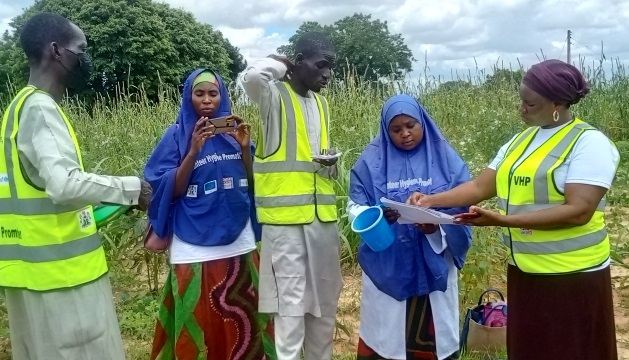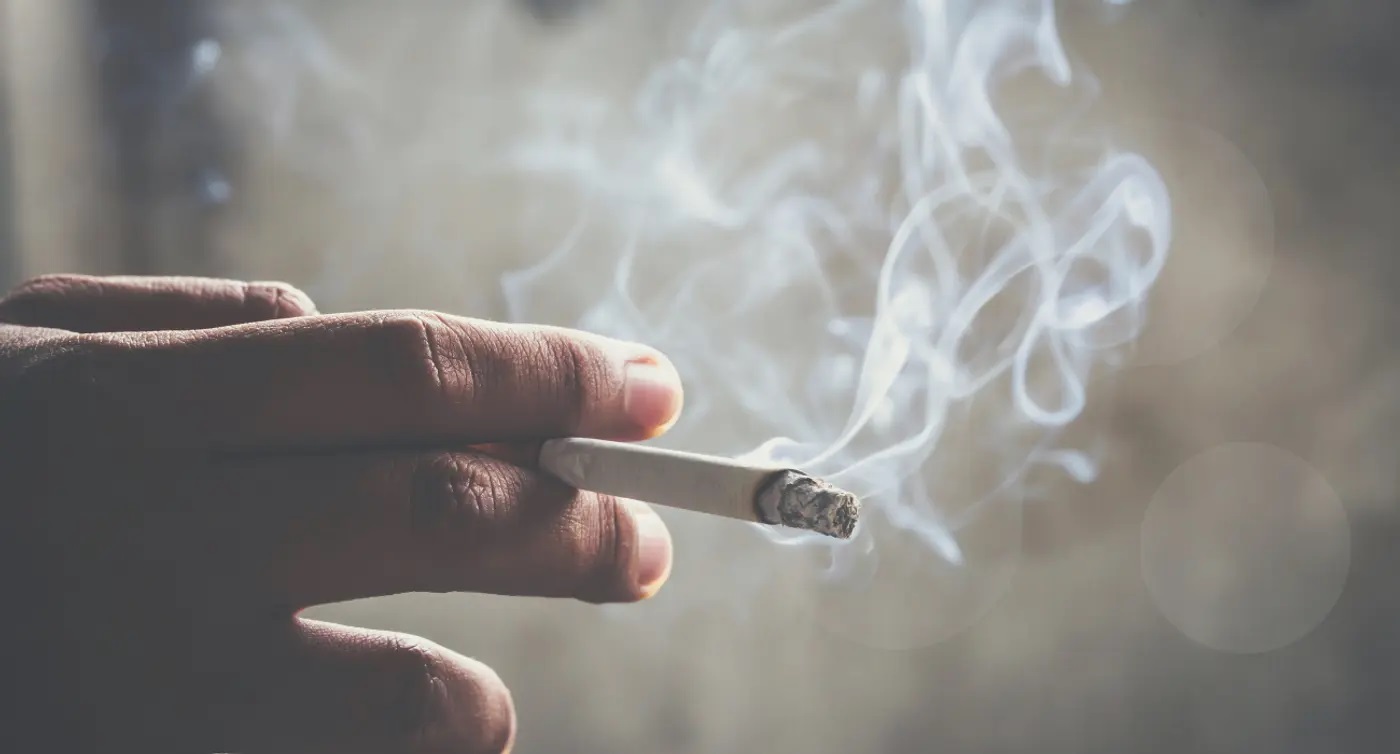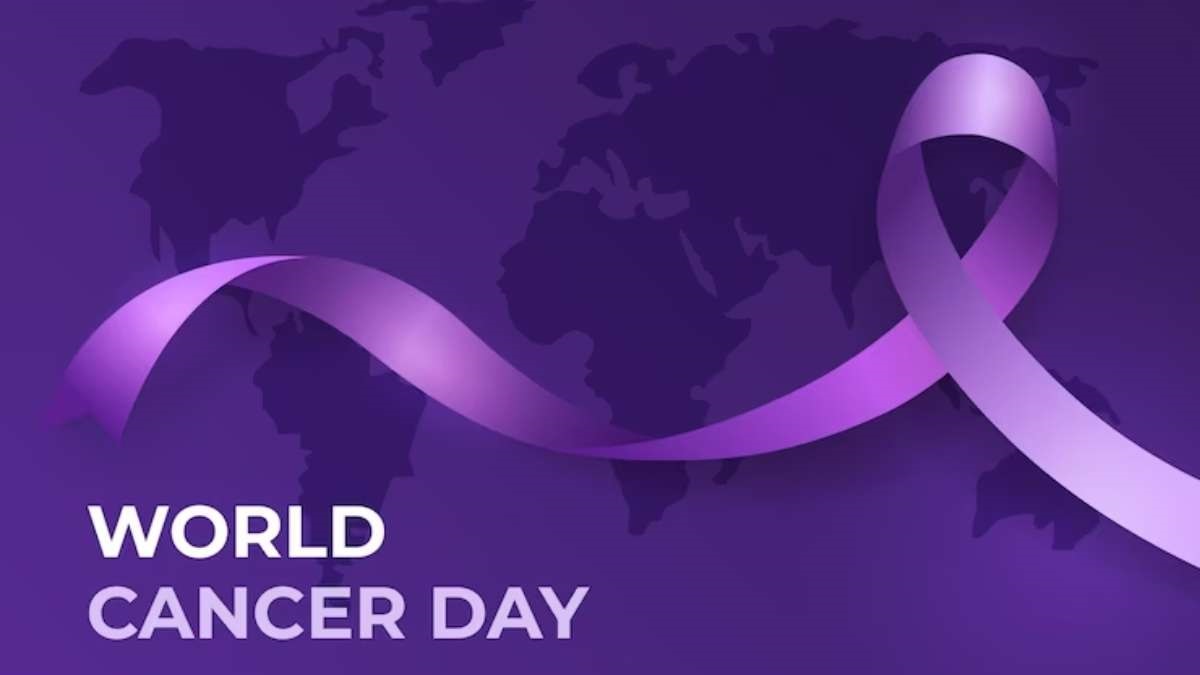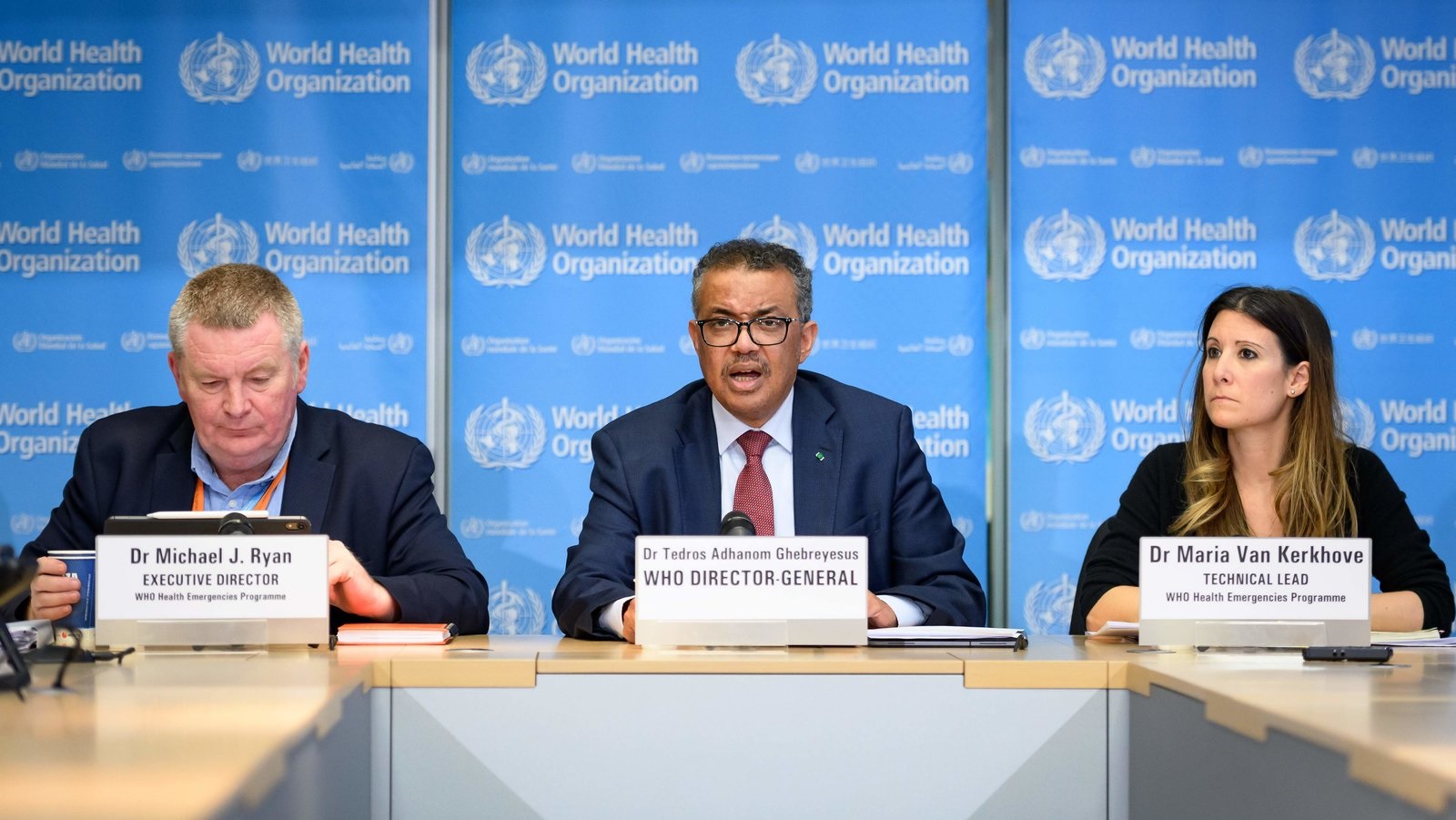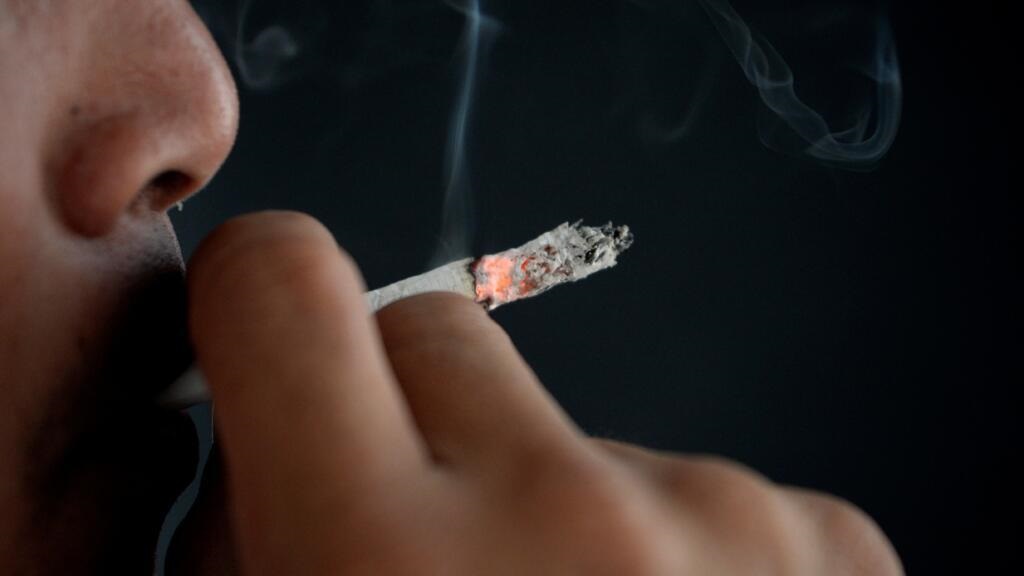The Bauchi State Government, through the Rural Water Supply and Sanitation Agency (RUWASSA), in collaboration with the UN Children’s Fund (UNICEF), has commenced a comprehensive Water Safety Plan in 50 communities across Toro Local Government Area.
Mr Abubakar Abdullahi, Water Quality and Control Officer at RUWASSA, disclosed this in an interview with the News Agency of Nigeria (NAN) on Monday in Bauchi.
He explained that the initiative aims to raise awareness on safe water handling from point of collection to storage in order to promote access to clean drinking water.
He added that the project adopts a demonstration approach to effectively educate households on best practices in water handling and sanitation.
“We are currently working in Toro Local Government Area, implementing water safety plans in 50 communities,” he noted.
According to Abdullahi, UNICEF has provided over 200 water testing kits since January to support the exercise.
“These kits help us demonstrate the difference between clean and contaminated water, it helps communities understand the importance of hygiene and water safety,” he said.
He emphasised the the importance of community ownership of water facilities to sustain hygiene and environmental sanitation.
Abdullahi recalled that in 2024, UNICEF distributed 45 kilograms of chlorine to each of the 20 Local Government Areas (LGAs) in the state to support emergency responses, especially during flood events.
“UNICEF remains committed to supporting the state with chlorine supplies as needed.
“So the LGAs still have the chlorine, and we get reports from them, so any LGA that requested for more, RUWASSA will supply immediately,” Abdullahi added.
He further revealed that plans are underway to conduct refresher training for Water, Sanitation, and Hygiene (WASH) desk officers across the state, especially on water treatment for hand-dug boreholes.
“This training will expose officers to global best practices and empower them to conduct effective campaigns on water safety,” he said.
Addressing some challenges, Abdullahi said that water contamination is most often traced to poor storage conditions at the household level.
However, he commended some communities for strictly adhering to water safety guidelines.
“Communities like those in Bogoro LGA are doing exceptionally well. For the past three years, they’ve recorded zero cases of suspected cholera. They ensure no laundry or animal activity occurs near water collection points and conduct regular sanitation exercises,” he said.
In a separate interview, Ms. Nanbam Dawap, UNICEF WASH Officer in Bauchi, said rehabilitation of boreholes is ongoing to support access to clean drinking water in some communities.
She added that UNICEF supports hygiene improvement by distributing essential hygiene kits, including menstrual pads and detergents.
Dawap emphasised UNICEF’s ongoing collaboration with stakeholders to strengthen emergency response operations and promote safe water access for all.(NAN)

